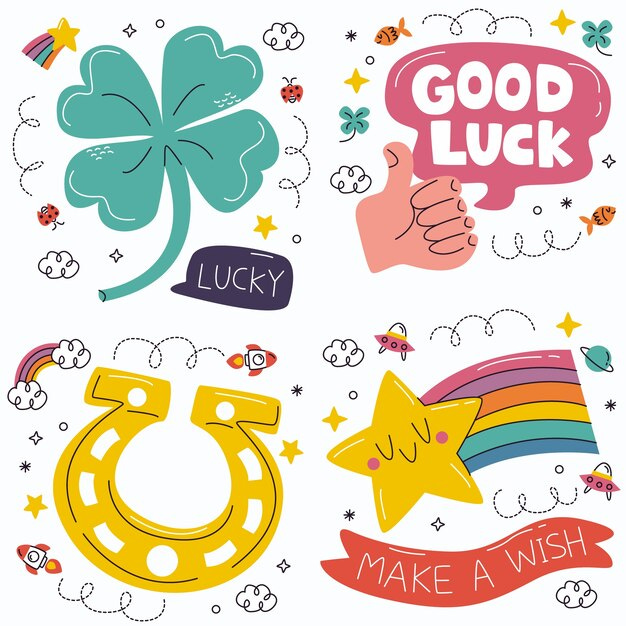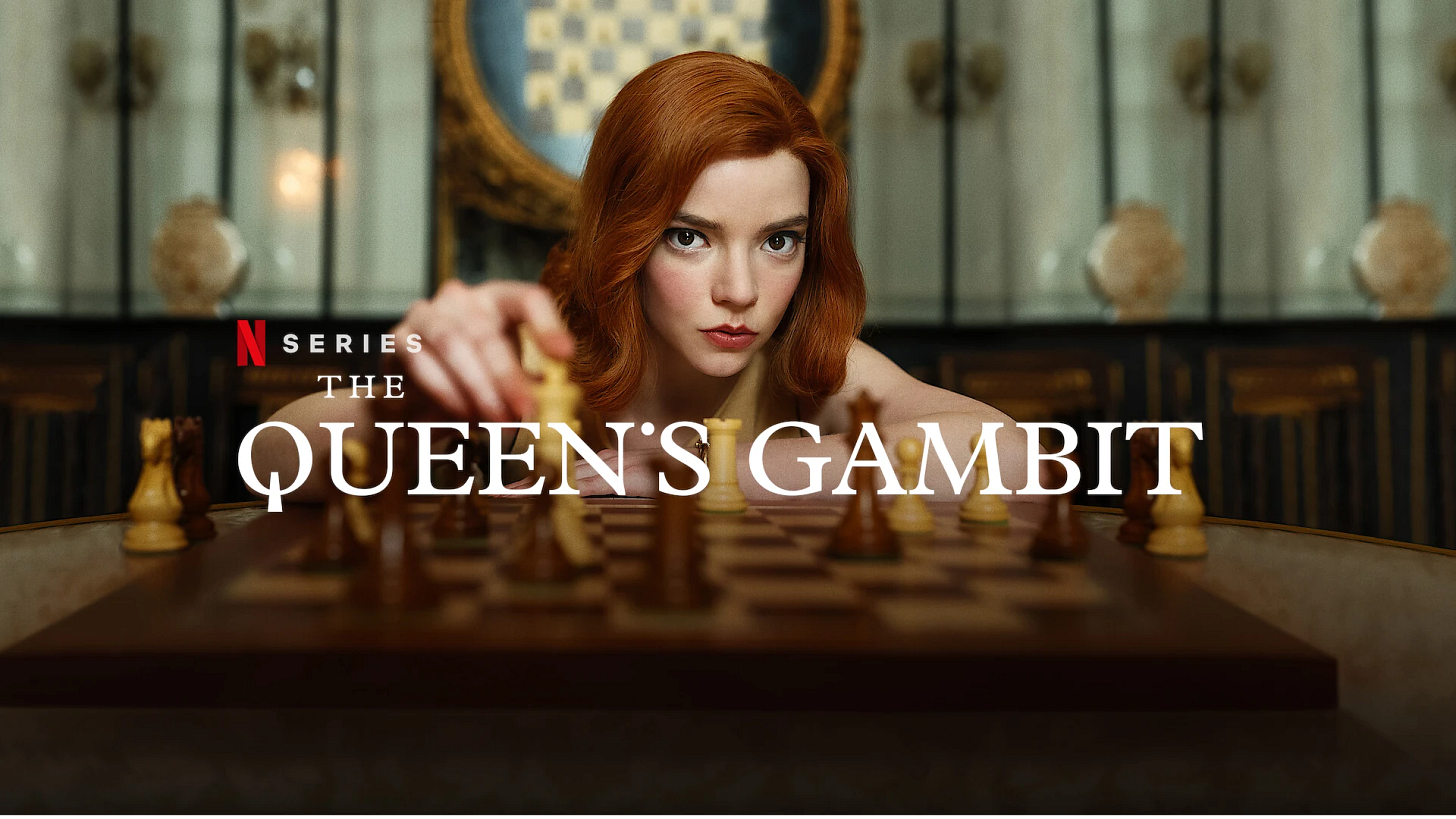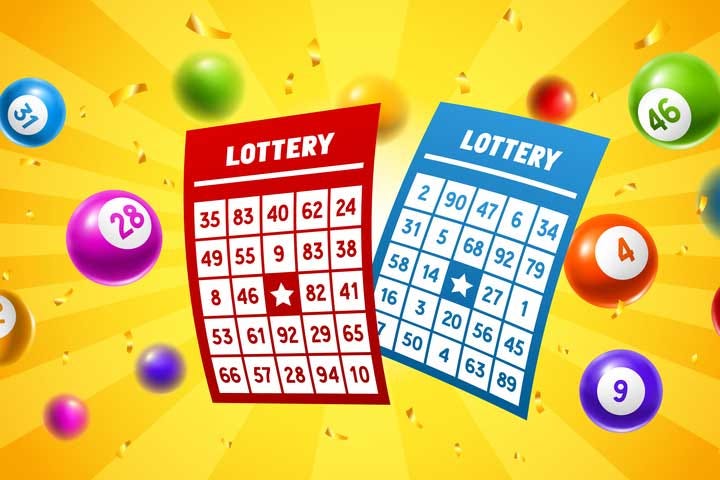Chennai
FC 229 on ‘Spellbound’ found favour with my readers. The variety of ‘blue’ expressions prompted some to chip in with other hues of blue.
Shishir referred to blue films, and he is right. There is a nice film called ‘Blue Lagoon,’ and many movies have the word ‘Blue’ in their title. Please see for yourself. 🔗The Best Movies With Blue in the Title.
Lynn Weiss referred to ‘talking a blue streak’ which means, ‘to talk very quickly and rapidly, without stopping for breath’. She adds that she could be accused of that!
Lakshmi Raman: “I like how you hop, skip and jump from one topic to another. This makes FC so interesting. Today from Spell Bee (I humbly submit to the brilliance of today's kids in spelling) to the complexities of the English language (which I love, love, love) to the language of emojis... I do think that more and more, people use emojis out of sheer laziness to type out a response (I've done it at times). Next will be joining a training program on emoji use. I am waiting for the next FC on the 5th of January 2025! Happy New Year, Prasanna.”
My dear friend Sundharesan wrote this very nice piece cavorting on the word ‘single’ which goes like this: “As usual, I was spellbound reading this edition; not only for its contents but I am spellbound to note that as a single person you have single handedly used just a single hand and you have not missed a single issue of Filter Coffee and if I have to single out that one single thing that singles out - ‘a spellbound audience’.”
A real tongue-in-cheek comment came from my dear friend Ashvini Ranjan who has contributed guest posts: “About our ‘Men in Blue’. After the 4th test thrashing, the mood in the team was undoubtedly ‘blue’ and some were left ‘blue in the face’ explaining the outcome. Guys who are a spent force turn ‘blue blooded’ hanging on to their past laurels. The young talent was deprived of an opportunity to ‘burn in blue flame’. If we don’t learn our lessons quickly, we will continue to be beaten ‘black and blue’. The stain will show even if we change our colours to dark blue. But to end on a happy note, Bumrah was our ‘blue-eyed boy’!”
🍀Luck & Chance
How would you react if I told you that ‘chance’ is the possibility of something happening, while ‘luck’ is the success or failure brought ‘by chance’ rather than one's actions? Does ‘unlucky’ mean failure brought about by chance and ‘lucky’ (or good luck) mean success brought by chance? So are luck and chance like Siamese twins? Or can they occur independently of each other?
If a person finds himself in an unlucky situation, he may need to reflect on how he got into it in the first place. For instance, a person is caught in the rain and he takes shelter under a tree. If a branch breaks free in the wind and falls on him, could he say he was unlucky to be at the wrong place at the wrong time? Contrast this with a situation wherein a person knocks down someone while driving his father’s two-wheeler without a driving licence, which is also badly damaged. The insurance company rejects the father’s claim. This is a situation brought upon himself by letting the underage son go for a ride and is not an unlucky situation. Can he blame it on his luck, as he well knew of such a consequence?
A gambler may go out cursing his stars when he loses though he had thanked those very stars the previous day when the gamble had paid off. Here is a clear distinction between a ‘game of chance’ and a ‘game of skill’. When you play a game of chance, as the name indicates, you may win or get something by pure chance but with no cerebral engagement. A game of skill on the other hand involves a certain amount of analytical thinking or requires the knowledge of that particular game or activity.
Would you believe if I said that in certain cases both game of chance and game of skill require an informed decision to participate? If I want to bet on a horse, I need to know its pedigree, the track record and the consequence of losing. Particularly if I am putting the money that was meant for paying my bills. If I want to play a game of chess in a competition I should have practised all the moves, I need to have a good understanding of the opponent's track record and anticipate the moves that he normally makes. You can see this in action in the Netflix serial The Queen’s Gambit. If you have not watched it yet, I highly recommend it.
Informed decisions can be taken only if you have done some due diligence. An impulsive decision is, in almost all cases, an irrational move. You might have heard of people boasting about how they bought some shares impulsively and ended up making a profit. But that impulse is not cerebral, which means that the decision to buy those shares was based on intuition or instinct or hearsay rather than intellect. The same person could regret his impulsive decision to buy those shares if the prices tanked the next day,
Embarking on an activity should have a backstop or a fall-back position. Like a contingency plan or an exit strategy. For example, medical insurance is a backstop. Imagine if a person had no health insurance coverage and was required to sell something to save himself. Would you consider him to be unlucky or just careless in not taking a medical cover? True, he could be considered unlucky if age or some predisposition denied him the policy coverage.
In the financial world, ‘backstop’ has a different connotation. A simple example is that of a loan taken by the son for education for which the parent stands as a guarantor which is a backstop for the lending Bank.
Getting something by sheer good luck is serendipity which means ‘The occurrence of something by chance in a fortunate way’. Serendip was an archaic Persian name for Sri Lanka. According to Merriam-Webster, the coining of the word is credited to English writer Horatio "Horace" Walpole, the 4th Earl of Orford (a village with historic town status in Suffolk, England). Walpole was inspired by a fairy tale called The Three Princes of Serendip, an adaptation of the famous Persian poem Hasht-Bihisht, the Eighth Paradise, written by Amir Khusro around 1302 AD. The fairy tale is about three princes who by chance find a camel in Serendip.
It is quite clear that Horace Walpole coined the word serendipity, as he explained his creation of this word in a letter written on January 28th, 1754:
“This discovery of the camel, indeed, is almost of that kind which I call Serendipity, a very expressive word, which, as I have nothing better to tell you, I shall endeavour to explain to you… I once read a silly fairy tale, called The Three Princes of Serendip: as their Highnesses travelled, they were always making discoveries, by accidents and sagacity, of things which they were not in quest of… now do you understand serendipity?”
The word ‘serendipity’ was obscure for a long time. It was rarely used until the 20th century. There is no evidence of the adjectival form of the word, serendipitous, in use until 1910, when it appeared in a book on fishing: “With good luck, you may catch a three-pounder, with very good luck a four-pounder or a serendipitous catch of a five-pounder.”
Happenstance, stumbling upon, fluke and blessing are some of the synonyms of serendipity. If you want to use it in a sentence you could say, “It was sheer serendipity that she stumbled upon a family heirloom while spring cleaning the attic. “Another example could be, “It was serendipitous that she bought a lottery ticket out of pity from a street vendor and it turned out to be the winning ticket.”
Can serendipity be equated to fate? Serendipity is the phenomenon of finding something valuable or agreeable even though not sought for. Fate is something that happens to a person beyond his control. Fate could be an adverse outcome but serendipity is about the pleasure of chancing upon a thing not necessarily in contemplation. Luck and serendipity may have some similarities like chancing upon something unexpectedly. But please remember that there’s something called bad luck, but no such thing can be said about serendipity.
There is also a movie Serendipity, starring John Cusack and Kate Beckinsale - A story of a man and woman who had met once before, who meet again by chance after 10 years and fall in love after a series of coincidences. You can watch it on Netflix or Prime, not sure which. Try your luck 🙂. Let me end this post with a limerick:
A circus performer named Brian
Smiled as he rode the lion
They came from the ride
But with Brian inside
And the smile on the face of the lion.
Until next week, be safe, take care and best of luck. Ciao







Chance is an "inside thing" and Luck an "outside thing" . We 'Take' a chance, it's a conscious thing. Luck is a random 'tail wind' or 'head wind' which is completely out of your control.
Big wins often happen when one takes a chance. The key is to see how much the drop is in the event the chance doesn't pay off.
Now I've really woken up this morning - my brain galvanized into thinking about luck, chance, serendipity and happenstance, fluke and blessing with today's FC. It reminds me of when I was in high school English grammar class, studying Ronald Ridout (oh, he was kind of the Bible for grammar back then). But this is far more interesting and pleasurable. Finally, I must say that it was pure serendipity that brought me to FC, by browsing SubStack and finding FC, long before I first met you. Thank you for another Sunday's musings.